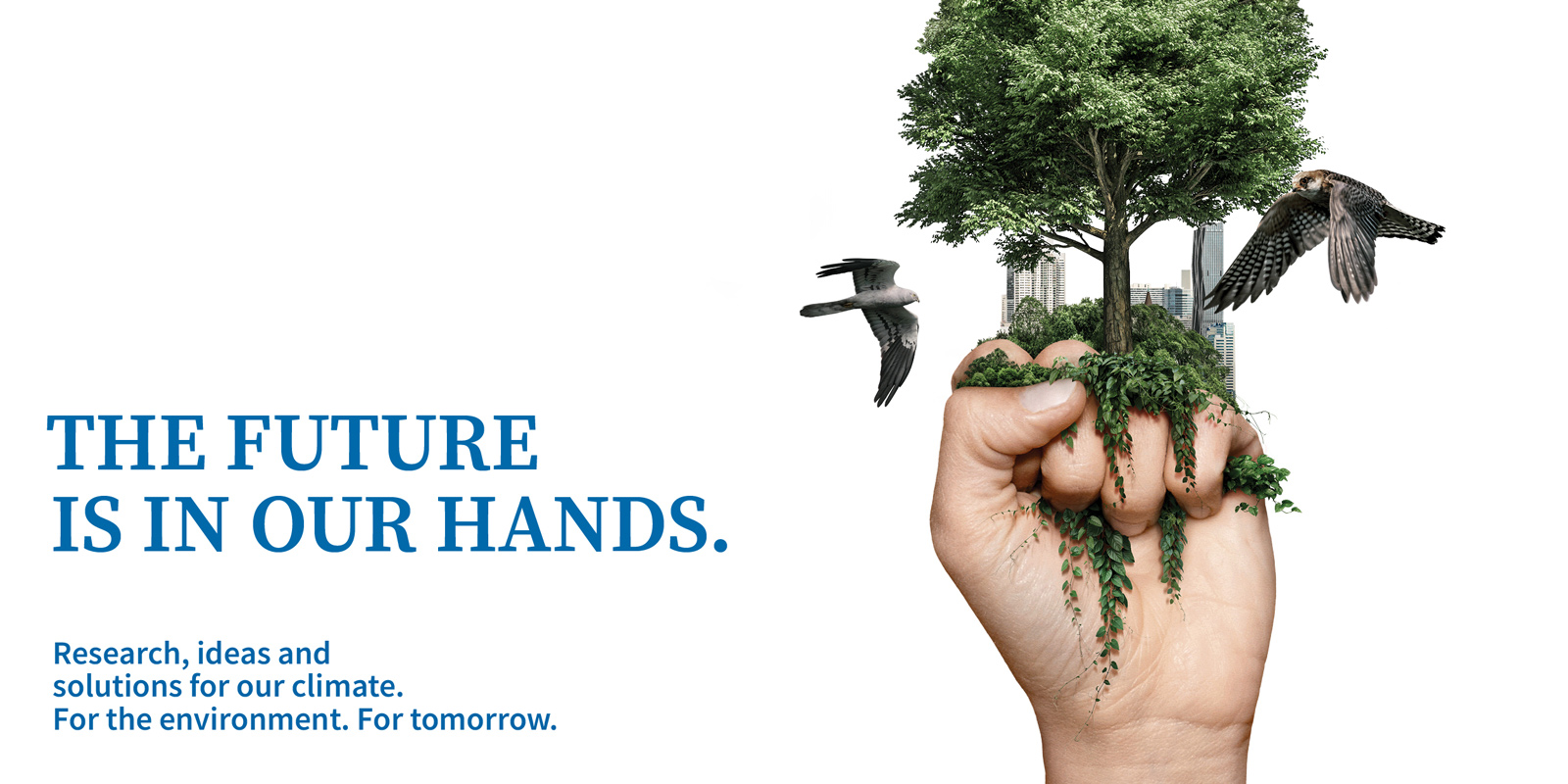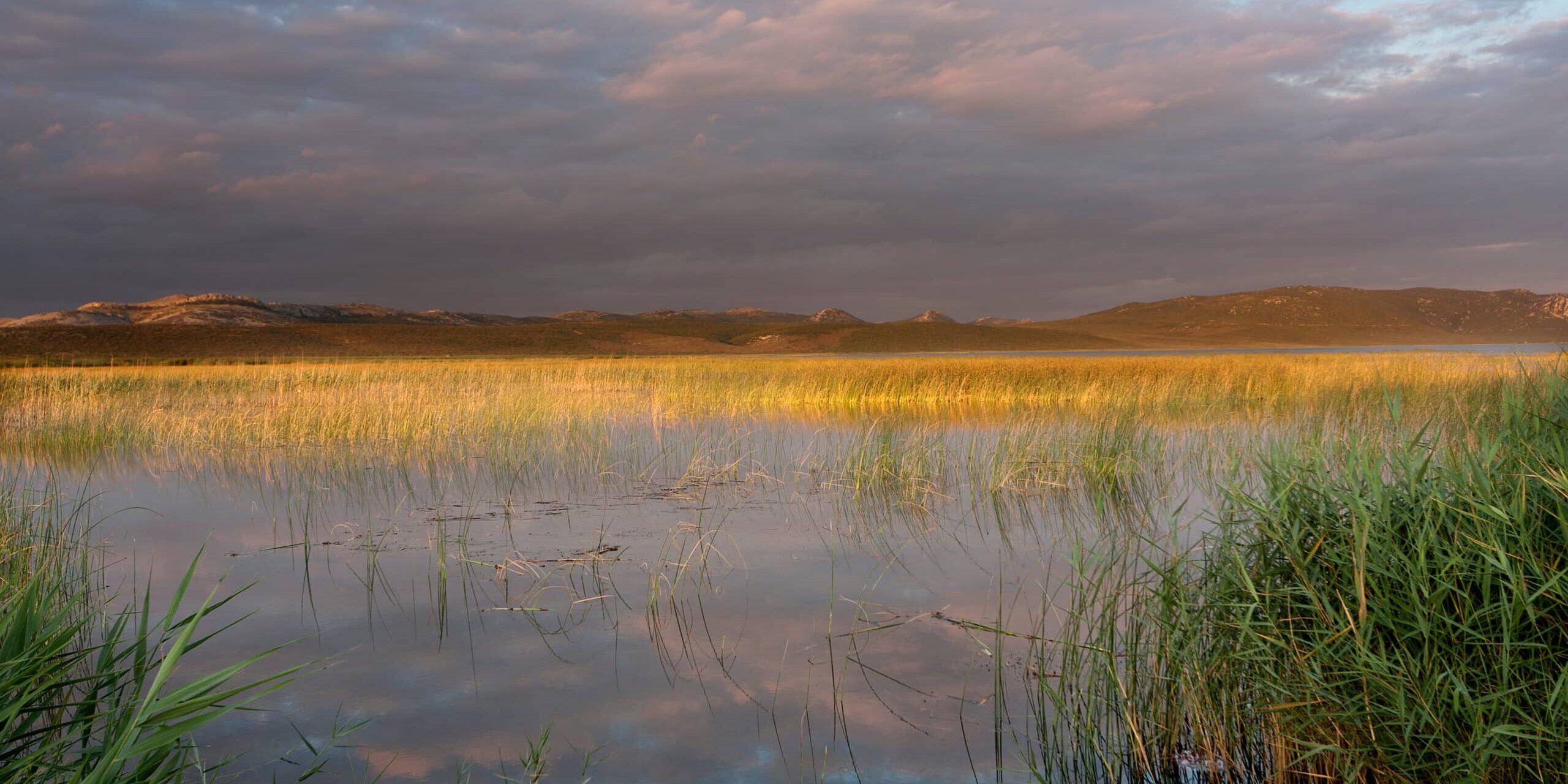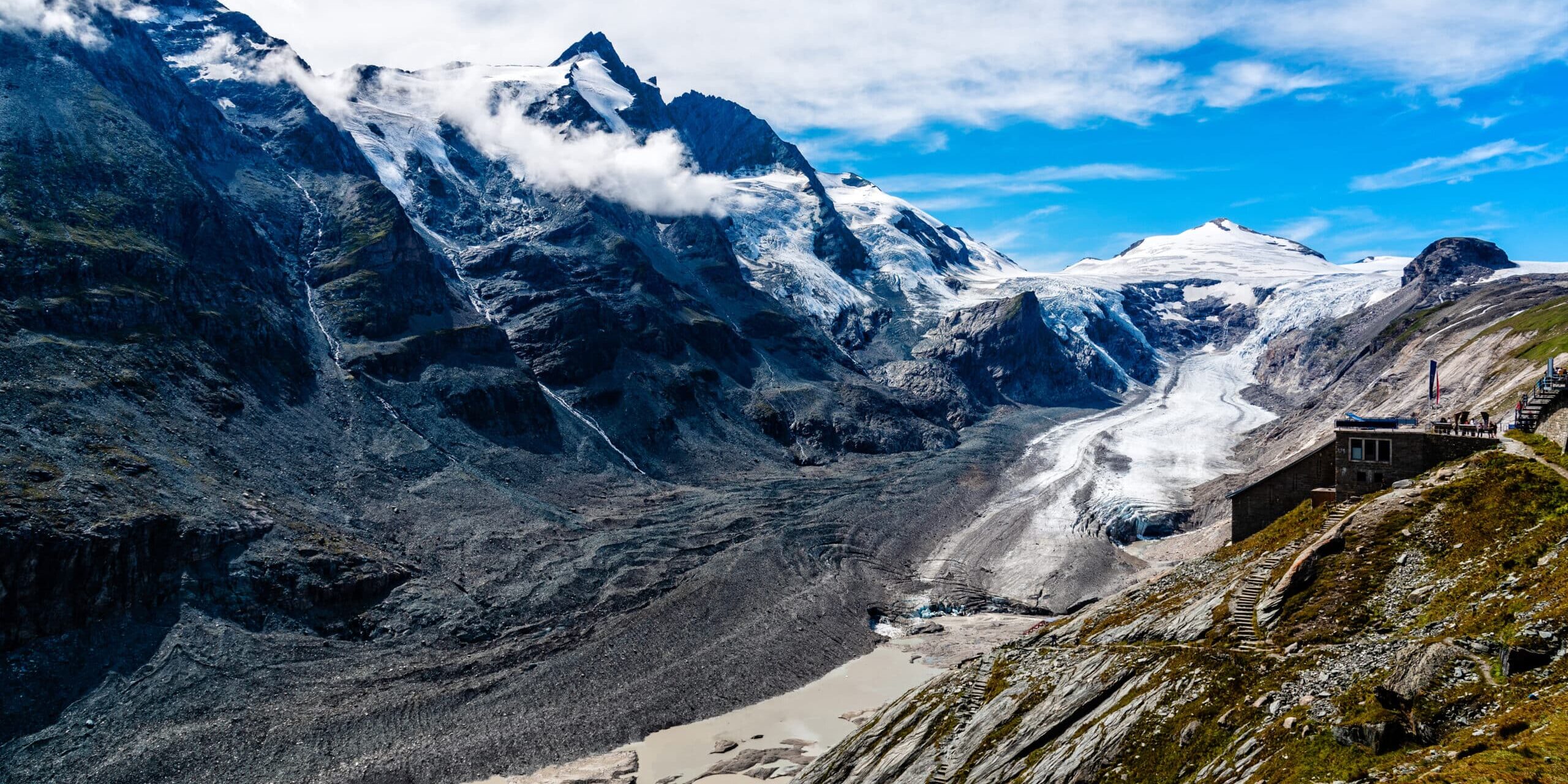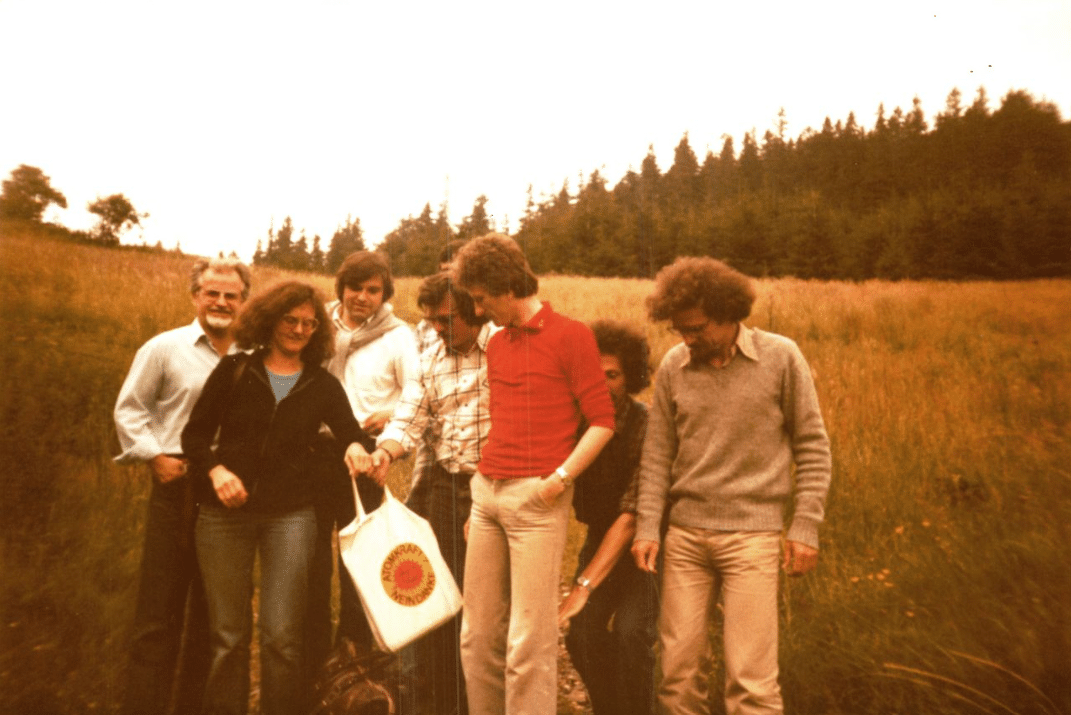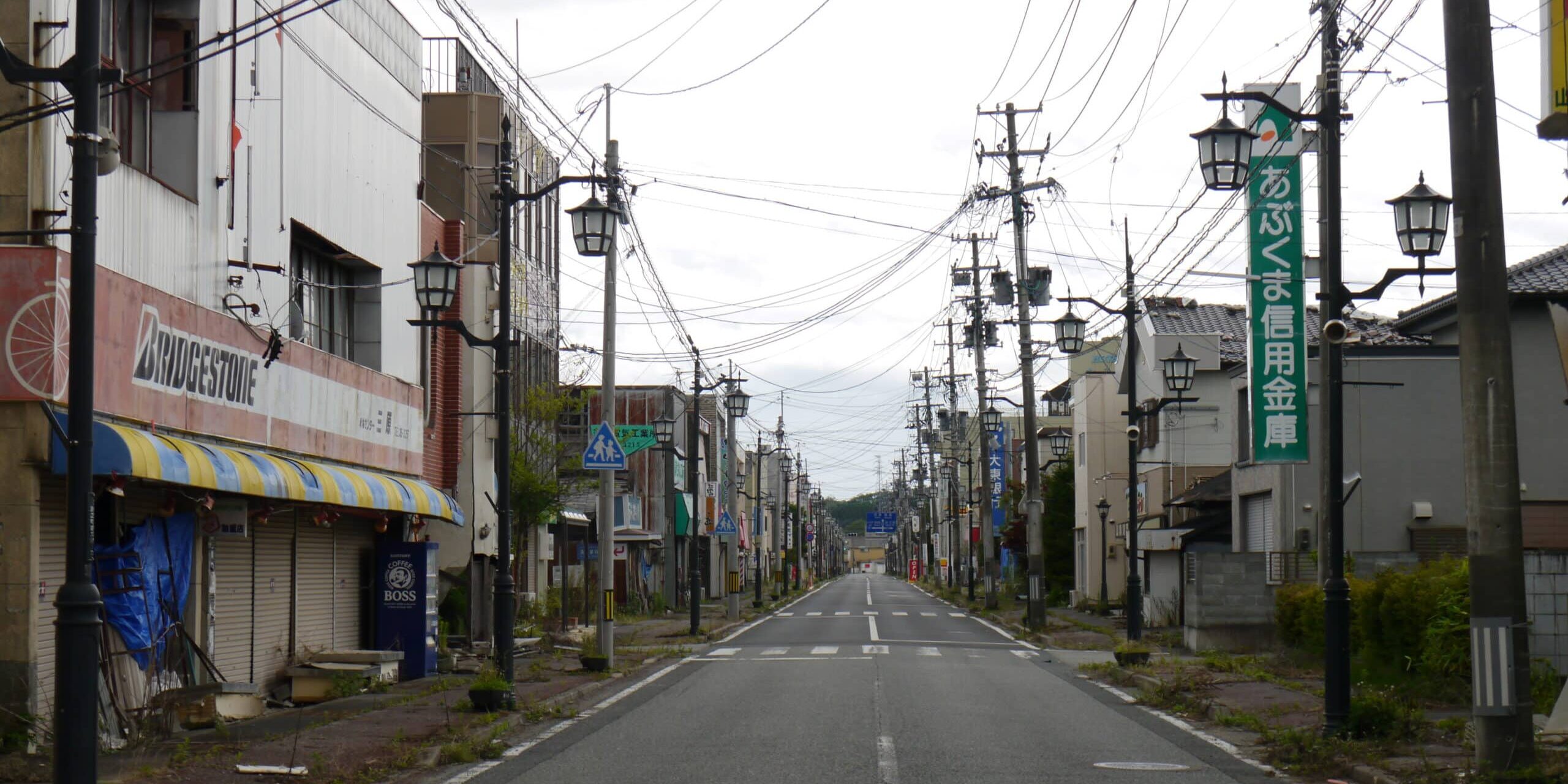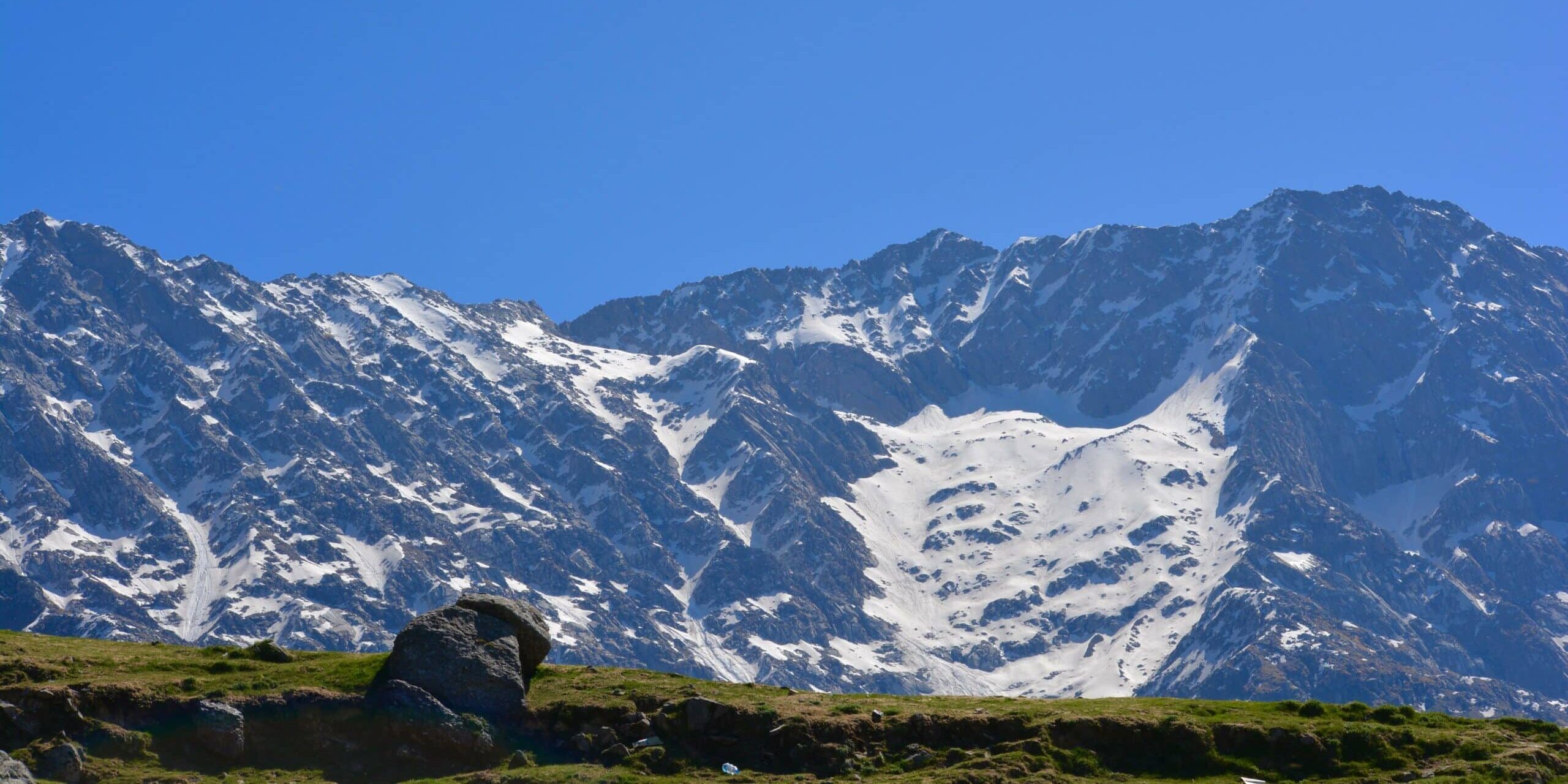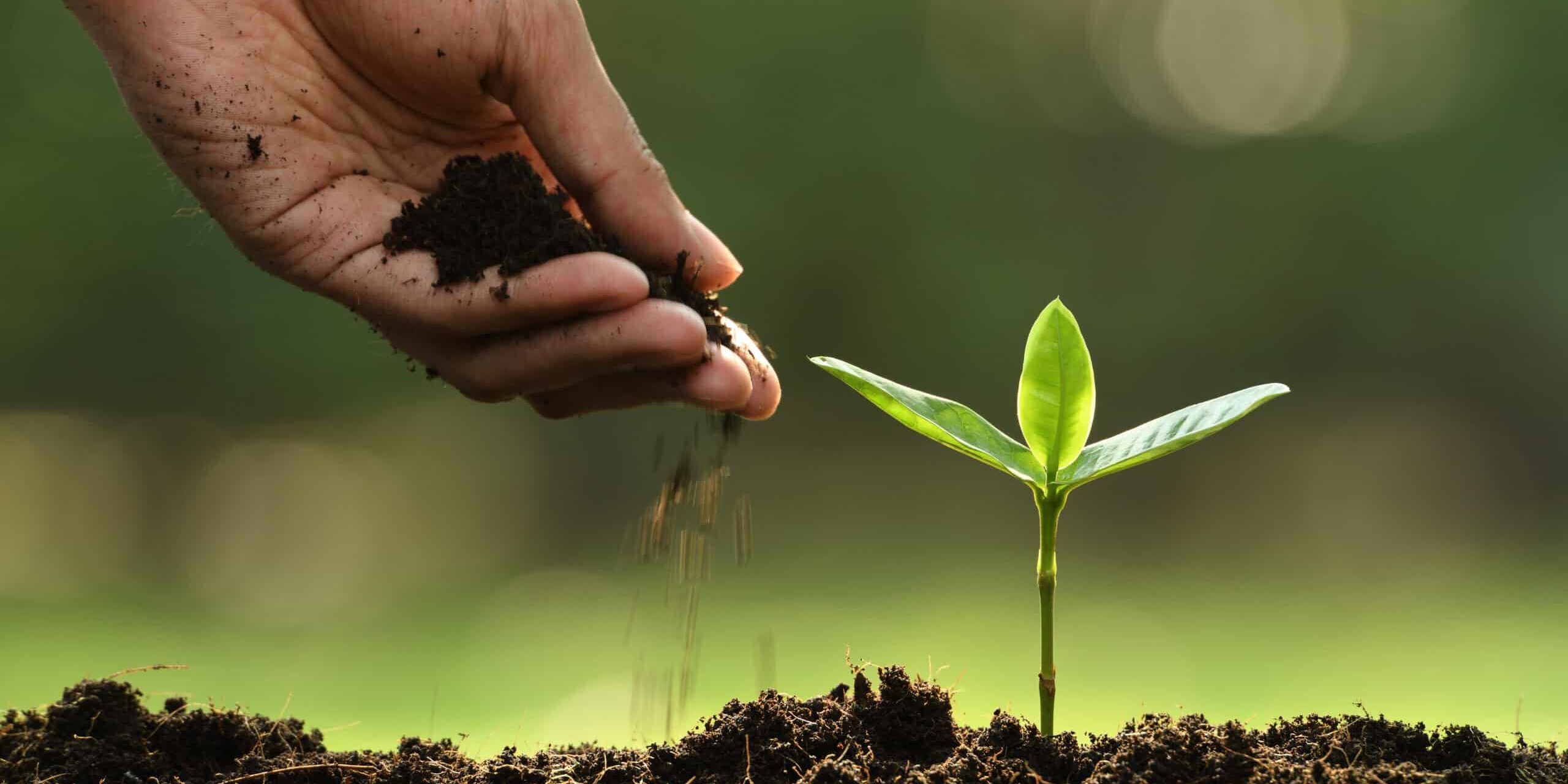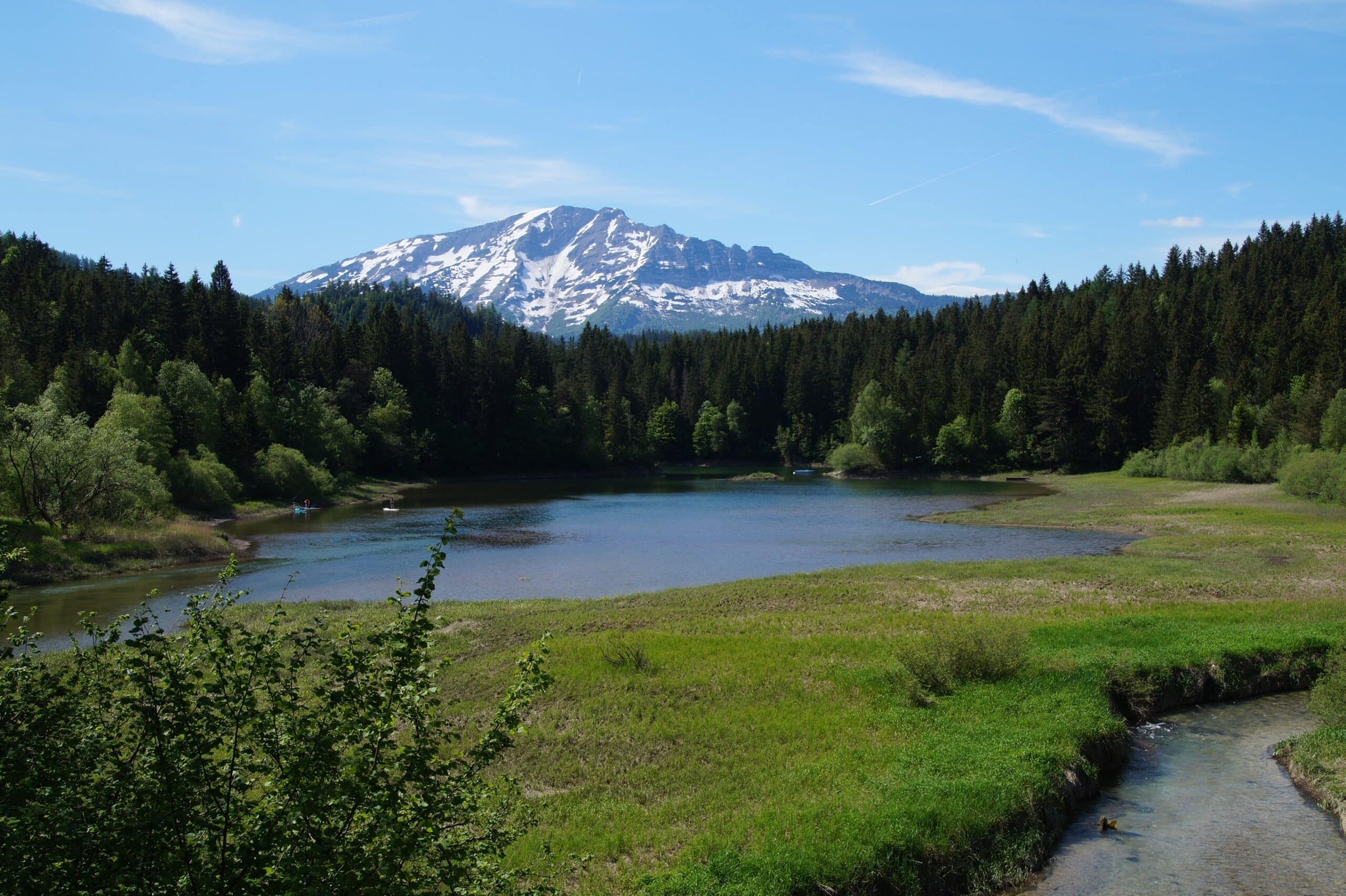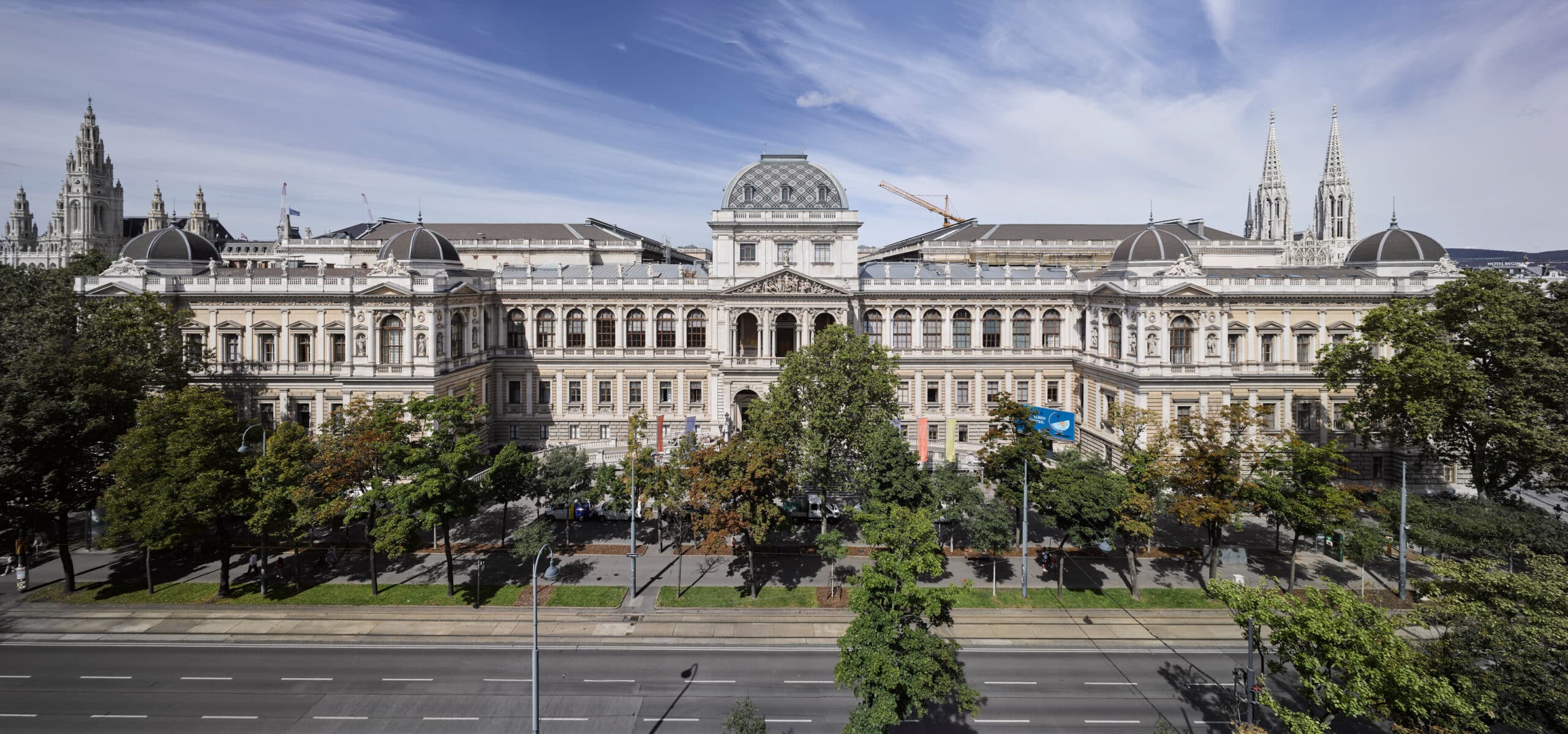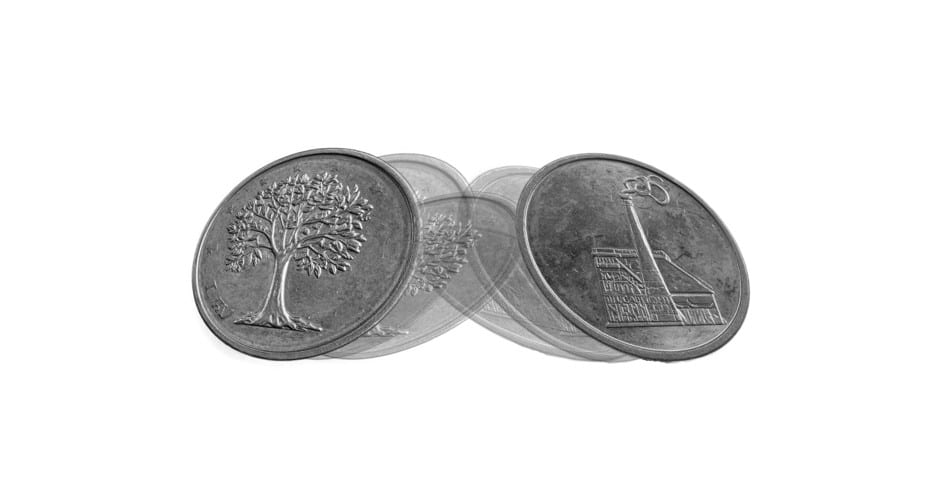Kickstarting Environmental Solutions
We are facing a triple crisis: climate change, biodiversity loss, and pollution each pose separate yet interconnected challenges. An integrated and mechanistic understanding and approach to these different facets of the crisis is necessary to ensure a sustainable future for us all. The ECH brings together researchers to produce excellent scientific knowledge that can provide us with solutions for this multitude of challenges.
